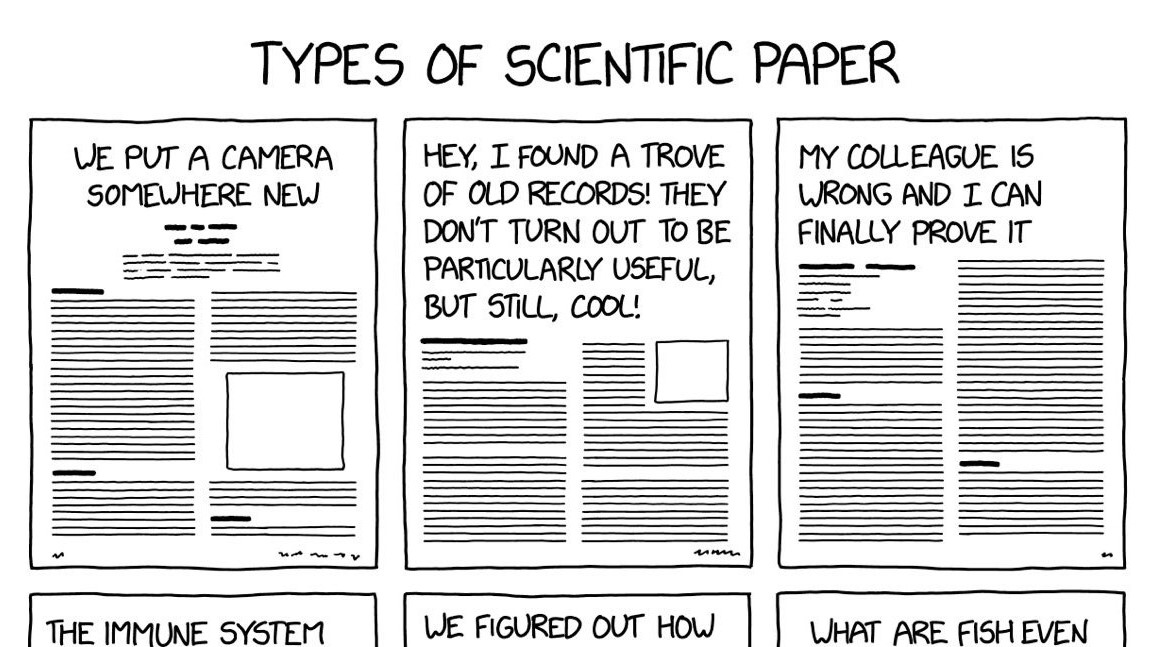Every morning, we run The Narrative Machine on the past 24 hours worth of financial media to find the most on-narrative (i.e. interconnected and central) stories in financial media. It’s not a list of best articles or articles we think are most interesting … often far from it. But for whatever reason these are articles that are representative of some chord that has been struck in Narrative-world. And whenever we think there’s a story behind the narrative connectivity of an article … we write about it. That’s The Zeitgeist. Our narrative analysis of the day’s financial media in bite-size form.
To receive a free full-text email of The Zeitgeist whenever we publish to the website, please sign up here. You’ll get two or three of these emails every week, and your email will not be shared with anyone. Ever.

No one does crazy better than Donald Sutherland. Except Christopher Walken, of course.
General Electric CEO calls the scathing report that accuses the company of Enron-like fraud ‘market manipulation — pure and simple’ (GE) [Business Insider]
“GE CEO Larry Culp fired back at accounting expert Harry Markopolos on Thursday, calling his allegation of fraud an act of “market manipulation” done for personal gain.
GE shares plunged by as much as 14% on the report.
The report alleged GE was committing fraud “bigger than Enron and WorldCom combined,” and that the company’s accounting left it “on the verge of insolvency.”
The company’s audit committee director also hit back at Markopolos and called on readers to “carefully consider the motivation behind this report.”
I’ve got zero problem with Harry Markopolos making a buck from his research, including getting a cut of the profits from a short trade. ZERO.
I also think it’s a typically myopic management reaction by Larry Culp and his cronies to focus on how Markopolos is getting paid rather than on the substance of the accusations.
Hey, Larry, no one who is selling your stock (or shorting it) cares how Markopolos is getting paid.
All they care about is whether GE has actual real-world liability here, so why don’t you focus on THAT.
But I have a big problem with Markopolos yelling “Fraud!” when what he really has is a decent short thesis.
To be clear, I LOVE a good short thesis. I made my living for a lot of years as a not half-bad short seller. As for the particulars of this case, I was shorting Genworth before it was cool to short Genworth, and I am intimately familiar with the games that can be played with consolidated financial statements, especially in the O&G world. More broadly, GE has been the gift that keeps on giving to any short seller worth his or her salt over the past decade.
But I also know what a fraud looks like. A fraud looks like what Dennis Kozlowski did with the Tyco books. A fraud looks like what Bernie Ebbers did with the Worldcom books. A fraud looks like what Jeff Skilling did with the Enron books. A fraud looks like what Dick Fuld did with the Lehman books.
This doesn’t feel like that to me.
The essential Markopolos thesis (as I understand it) is that GE is under-reserved for its long-term care insurance obligations that were part of the Genworth disposition and that GE is shielding an investment loss on Baker Hughes by keeping the BHI financials consolidated with the GE financials.
Okay. Aggressive accounting and playing for time as they seek to right the ship. Time they might not have. Got it. Love it. If I were still running a short book, I’d be all over this.
But it doesn’t smell like fraud to me, and I have a real problem with throwing that word around casually under any circumstances. I have an enormous problem with throwing that word around casually when you’re getting paid for the short thesis.
It’s the same problem I have with guys like Kyle Bass, who yells “Traitor!” whenever someone says golly, I’m not down for a trade war or any other kind of war with China.

Now Kyle says that he’s out of all of his short-China positions, and I’ll take him at his word. I guess. At this point, Kyle’s business persona and interests are so wedded to an escalating US-China conflict that I think it would be impossible for him to eliminate the personal financial implications of his public statements.
And don’t get me wrong. I understand that China is an implacable adversary to the United States.
But I also understand that there are real traitors in this world, none of whom are patriotic Americans who favor less conflict and more engagement with China in order to win the long game.
Just as I understand that there are real frauds in this world, none of whom are law abiding management teams who employ legal accounting practices in order to win the long game.
Throwing words like “Fraud!” and “Traitor!” around so casually … it doesn’t reveal the true frauds and the true traitors.
It makes it easier for them to hide.




I have not drilled down to the details of the GE situation, however, in my experience, when asking companies to explain financial disconnects, you never really get a straight answer. You listen to the analyst calls and all you get are rosy outlooks. You never get the details of what’s not working, or why they’re spending more money on share buybacks than on capex, or how it is that sales transactions are down but net earnings are up. Regardless of what Markopolos wrote, GE’s response is totally what Is to be expected.
Wasn’t GE called the Best Accounting Firm In The World at least when Jack Welch beat the street by a penny for what, like the whole time he was there? 40 quarters. It’s all financial slight of hand, headquarters in Ireland or whatever, creative accounting, etc.